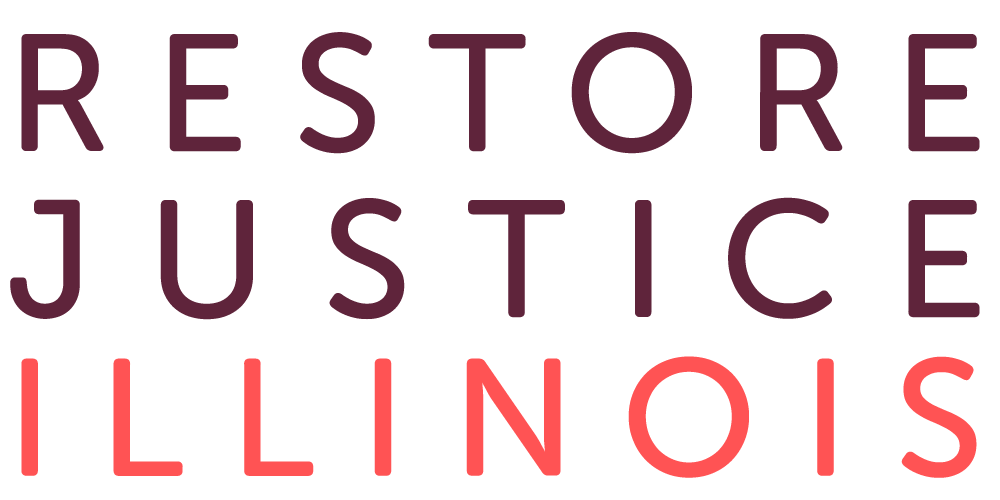Background
Illinois’s felony-murder rule (“A person who kills an individual without lawful justification commits first degree murder if, in performing the acts which cause the death, he or she is attempting or committing a forcible felony other than second degree murder”) as written and interpreted by Illinois courts is among the most expansive definitions in the country, encompassing intended and unintended consequences by perpetrators and non-perpetrators – all swept into a category of our most serious felony and subject to the same punishment (up to life without parole) as someone who intentionally kills someone else. Under current law, a person can be found guilty of felony-murder if you commit an underlying felony, such as burglary, and that sets in motion a direct chain of events that leads to a death. It doesn’t matter if the death was intentional or accidental, done by yourself or one of your co-defendants, or if the killing was actually done by a police officer responding to the burglary. This is called the proximate cause theory of felony murder; it can be like strict liability without requiring any culpable mental state around the actions that caused the death.
Illinois’s felony-murder law is also often bound up with Illinois’s law of accountability, which holds parties responsible for the actions of others—even where Party A (Alan) did not know or intend the specific action done by Party B (Brian). For example, if Alan and Brian agree to commit a felony together, and Alan did not know what Brian planned to do (“either before or during the commission of the accompanying offense, and with the intent to promote or facilitate that commission, he or she solicits, aids, abets, agrees, or attempts to aid the other person in the planning or commission of the accompanying offense. When two or more persons engage in a common criminal design or agreement, any acts in furtherance of that common design committed by one party are considered to be the acts of all the parties to the common design or agreement and all are responsible for the consequences of those further acts”). Because of the interrelationship of accountability and felony-murder, Alan can be charged with felony-murder if he agreed to be a lookout as Brian robs a jewelry store with a toy gun and the jeweler shoots at Brian and kills a Customer. Or, if Alan and Brian plan to rob a jewelry store and Brian tells Alan he will use a toy gun and Alan will be the lookout, but Brian uses a real gun and accidentally shoots the jeweler, Alan is accountable for the actions of Brian and could be charged with felony-murder.
Reform effort
The original draft of the felony-murder reform aimed to both (1) move Illinois away from a proximate cause theory of liability to an agency theory of liability and (2) limit the reach of accountability within the context of felony murder.
Under the agency theory, the felony-murder rule is only applied to actors who are acting in concert in furtherance of a common plan or scheme to commit the underlying felony and one of the actors causes the death during the perpetration of the felony, regardless of who actually fired the fatal shot. It aimed to narrow the reach of felony murder to deaths caused by the direct actions of a defendant or other participant.
Additionally, the original draft sought to limit the reach of Illinois’s law of accountability, which comes into play when there is more than one person involved in the planning and carrying out of the underlying felony. The original draft included language that required participants to know that another participant in the underlying felony would engage in conduct that would result in death or great bodily harm. So if Alan and Brian plan to rob a jewelry store, Brian tells Alan he will use a toy gun and Alan will be the lookout, but Brian uses a real gun and accidentally shoots the Jeweler, Alan likely would not be found guilty of felony-murder because he did not know Brian would put anyone’s life in danger.
So what passed?
A version of (1) passed and (2) did not. The final language of the reform eliminated the language requiring knowledge. So the felony-murder reform largely leaves untouched Illinois existing law of accountability. The reform package did move Illinois to an agency theory of liability, which brings Illinois into alignment with the majority of states that still have felony murder on the books.
OK, but what passed?
Here is the new language (underlined):

With an asterisk, Illinois has moved to an agency theory for felony-murder, which means the death has to be actually caused by the defendant or another participant in the underlying felony. This eliminates scenarios where the death is caused by anyone else – like the jeweler shooting Brian or a police officer chasing a defendant and accidentally striking and killing a pedestrian. It eliminates most scenarios where the death is one of the participants in the underlying offense, such as the Lake County 5 situation. So if you and your friends try to rob an off-duty police officer, and the officer hoots and kills one of your friends, you can no longer be charged with felony-murder for your friend’s death.
What is the bill missing that you wished had been there?
As described above, it is missing a reform to Illinois’s law of accountability. This reform still permits a person to be found guilty of felony-murder even if a participant did not know or could not have foreseen that another participant would cause a death during the underlying felony.
Also, as will be discussed below, it would be better to add the word “actually” between “participant” and “causes” to make it clear that the death has to be tied to the direct actions of a participant.
Doesn’t this language just enshrine what we already had, which was really bad?
Unlikely, but possible. Here comes our asterisk conversation. In the absence of floor debate providing legislative intent to move Illinois from a proximate cause jurisdiction to an agency jurisdiction and in the absence of the word “actually,” this reform may have kept the law as it currently stands and further clarified that deaths during the flight from the underlying felony also qualify for felony-murder prosecution.
Why? The new language criminalizes where “he or she or another participant causes the death.” The Illinois Supreme Court has clarified causation (i.e. “cause”) in felony-murder cases where the defendant themselves did not perform the acts which caused the death. Borrowing from tort law, the Court has defined causation where a death results as a direct and foreseeable consequence of a chain of events set in motion by his commission of the underlying felony. It is immaterial whether the killing is intentional or accidental, or is committed by a confederate without the connivance of the defendant, or even by a third person trying to prevent the commission of the felony. So, if the word “causes” in the new language does not depart from Illinois’s previous definition of cause, then deaths caused by police responding to the underlying felony or by people resisting the felony or where a co-participant is killed could still be swept into this new version of the felony-murder law.
As Senator Elgie Sims stated, and other key sponsors of the omnibus package emphasized, “We are fundamentally changing the way we do criminal justice in this state.” Given the overall intent of this reform effort, it seems completely incongruous to believe that a felony-murder reform measure was included that only cemented the existing law.
Is it retroactive?
No.
Will this mean that [fill in the blank with a ridiculous scenario] will still be charged with felony-murder?
Sometimes, yes. If that ridiculous scenario ultimately includes the death being caused by a participant in the underlying felony, yes, that would still be chargeable as felony murder. But if that ridiculous scenario involves a situation where the death was caused by anyone else, then no, that would no longer be felony murder.
Would this mean the Lake County 5 could not have been charged with felony murder?
Yes. Where the death is caused by someone resisting the underlying felony and a participant is killed, other participants in the underlying felony cannot be charged with felony-murder. Read more about the case.
Would this mean that Marshan Allen’s case could not have happened?
No. Marshan (i.e., the lookout or getaway driver that may not know what is happening inside or what the real objective was of those going inside) could still be charged with felony-murder following this reform. Read more about Marshan’s case.

